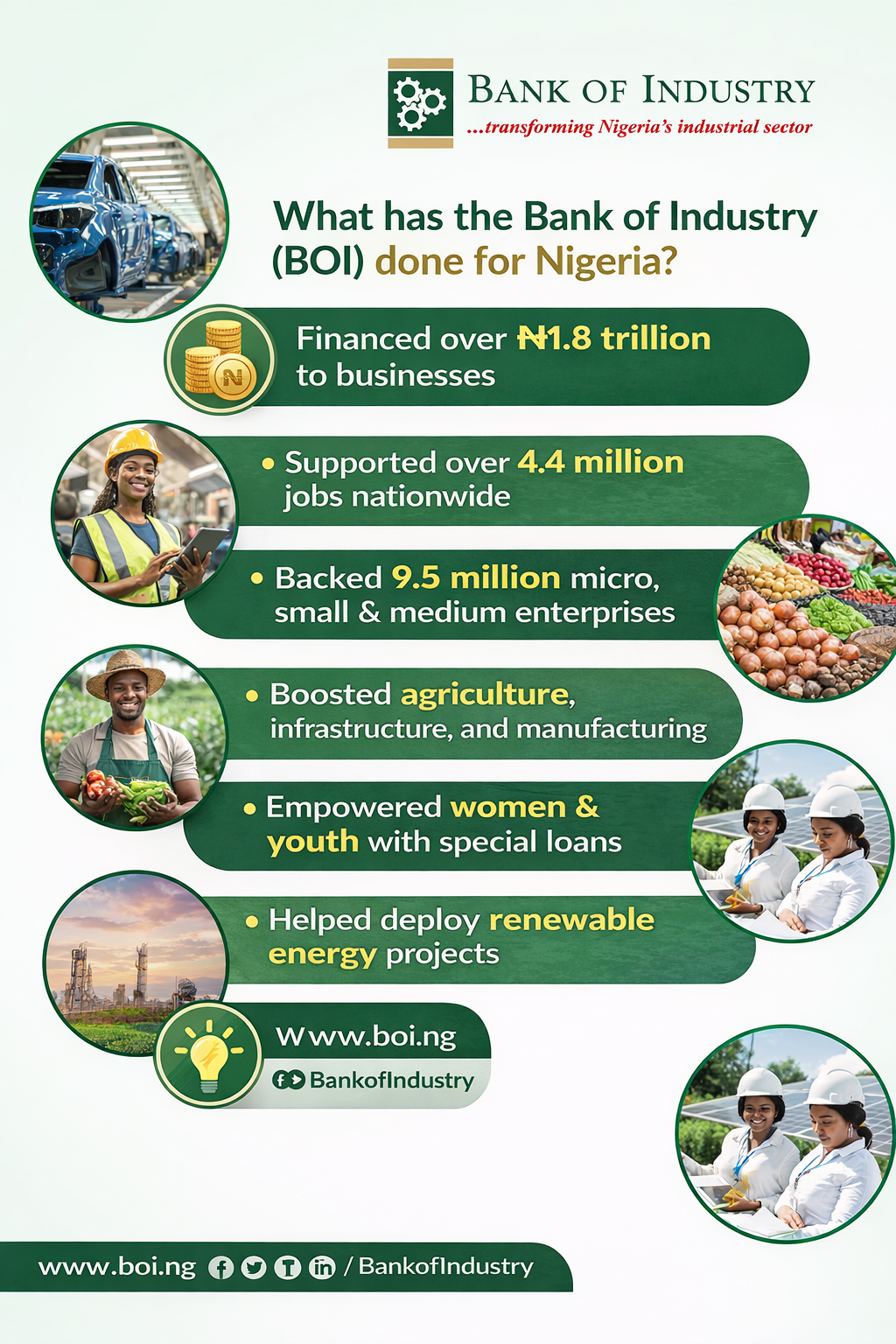The World Bank has upgraded its 2025 growth forecast for Nigeria and other sub-Saharan African economies, projecting an expansion of 3.8% as easing inflation and stabilising exchange rates fuel recovery across the region.
The revised outlook, up from 3.5% in April, reflects renewed optimism following the Central Bank of Nigeria’s decision to cut its benchmark interest rate from 27.5% to 27%, signalling the beginning of a cautious monetary easing cycle.
According to the World Bank’s latest Africa Pulse report, growth in major economies such as Nigeria, Ethiopia, and Ivory Coast is accelerating as real incomes rise faster than previously anticipated.
“While this marks a gradual recovery from a decade of successive shocks, the rebound has yet to gain strong momentum,” the report stated, underscoring the uneven nature of the continent’s recovery.
The Bank said stabilising foreign exchange markets and declining inflation have created space for interest rate cuts in several economies, improving consumer purchasing power.
It now expects regional growth to average 4.4% over the next two years, slightly above its earlier 4.3% projection, reflecting a steady return of investor confidence and domestic consumption.
A key driver of this optimism is the sharp decline in median inflation, which has fallen to below 4%, according to Andrew Dabalen, Chief Economist for Africa at the World Bank. “Moreover, most of the currencies that were cratering relative to the U.S. dollar have now recovered and are stable,” Dabalen said at a news briefing, crediting stronger monetary coordination and better external balance management for the improvement.
The World Bank noted that 30 of the 47 African economies it monitors have seen their growth forecasts revised upwards. “These favourable conditions are fuelling a recovery in private consumption and investment,” the report said, but cautioned that fiscal consolidation in some countries could temper growth momentum as governments focus on rebuilding fiscal buffers and reducing debt vulnerabilities.
Despite the positive outlook, the region faces persistent risks from global trade tensions, debt overhang, and demographic pressures. Dabalen warned that “trade challenges remain very high,” citing uncertainty around U.S. President Donald Trump’s trade policies and the looming expiry of the African Growth and Opportunity Act (AGOA), a critical trade agreement between the U.S. and African nations.
The report urged African governments to double down on job creation by fostering a business environment that supports small and medium-sized enterprises. “These jobs have to be jobs that provide a living wage and secure lives,” Dabalen said, noting that three-quarters of new jobs in the region currently come from the informal sector, which offers little security or income stability.
Rising unemployment and poor living conditions have already sparked youth-led protests in Kenya, Nigeria, and Madagascar, exposing the social strain of economic underperformance. “The consequences of not solving these problems are hard to contemplate. They will be very disruptive, and I think we’re beginning to see the signs of it,” Dabalen cautioned, urging policymakers to act before discontent deepens.
As inflation eases and currencies stabilise, Africa’s growth prospects are clearly turning a corner. Yet, without structural reforms and stronger job creation, the recovery risks losing steam before achieving broad-based prosperity.


























